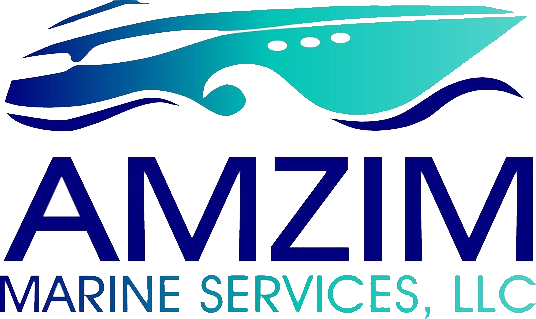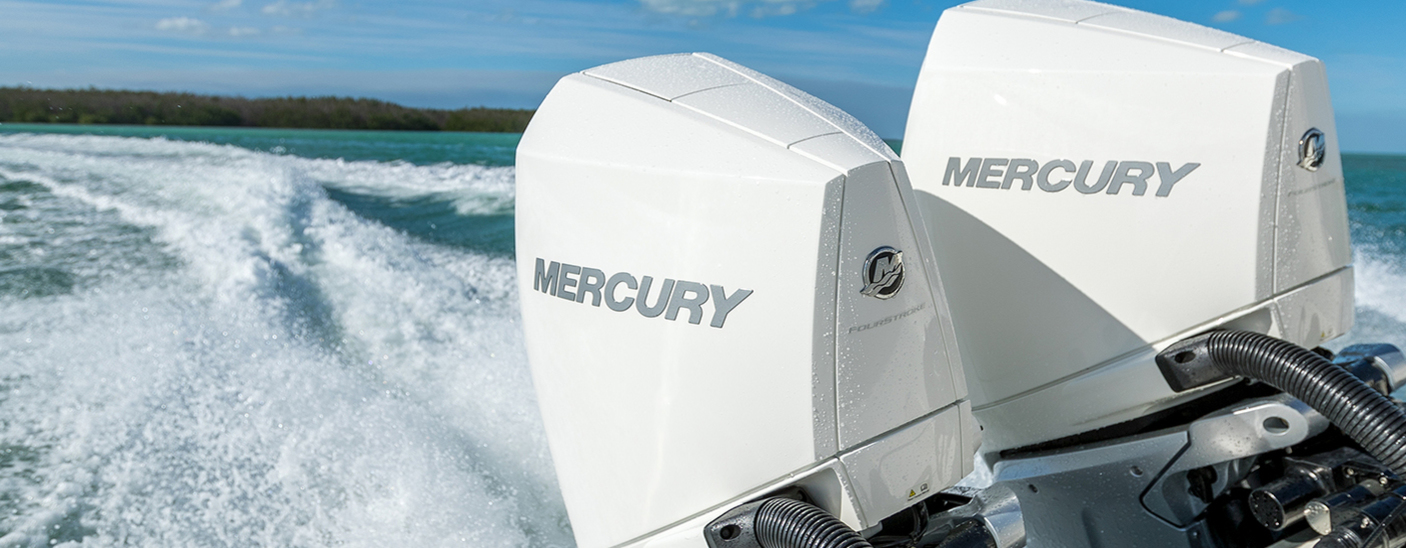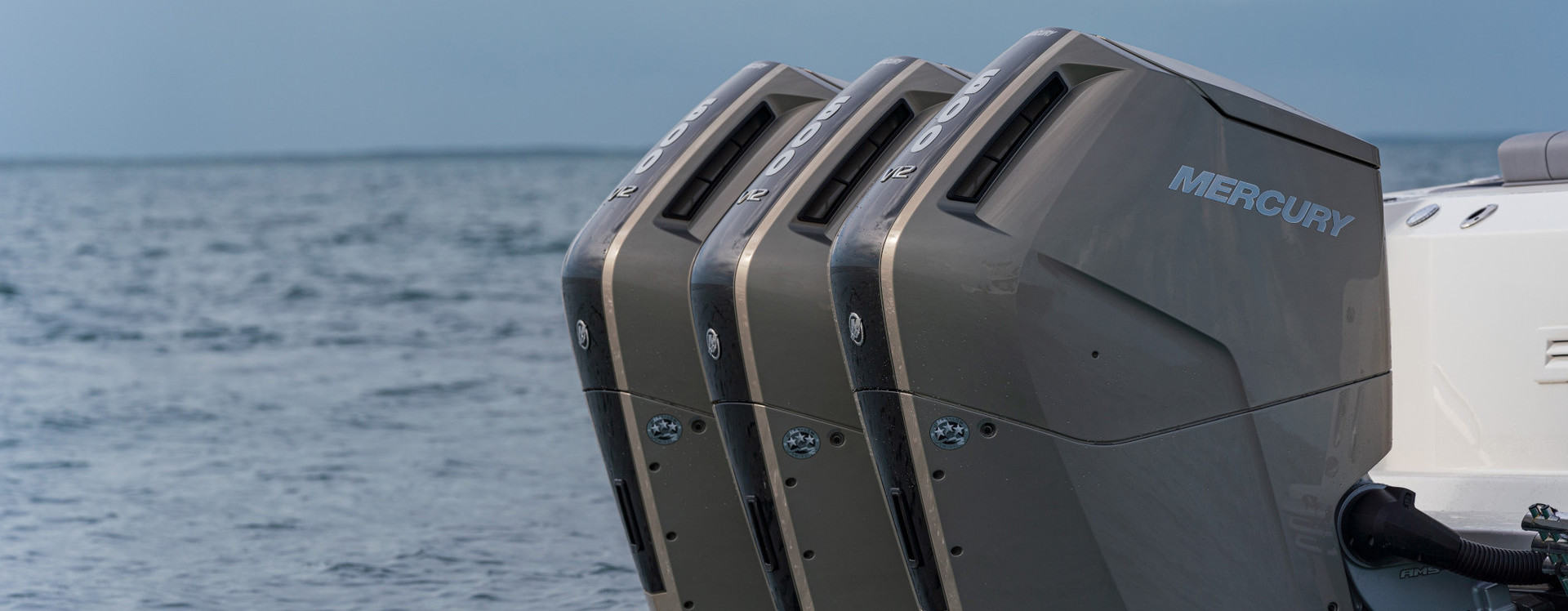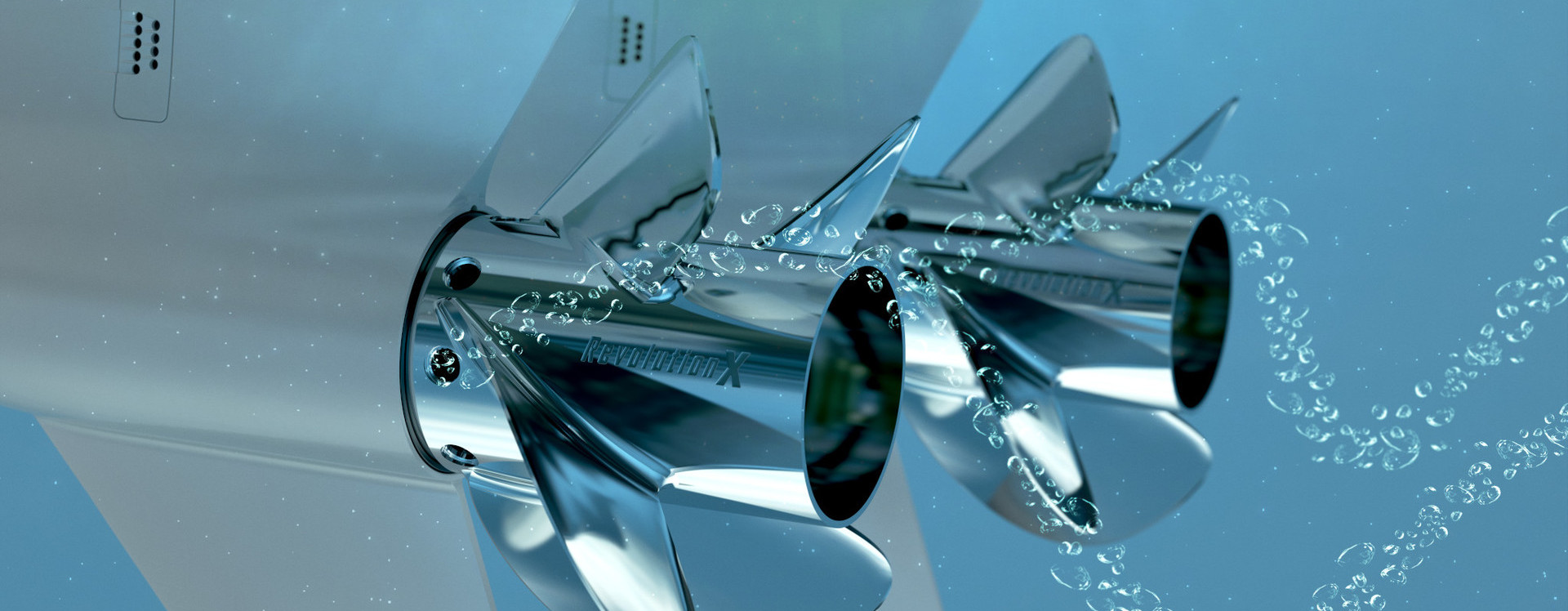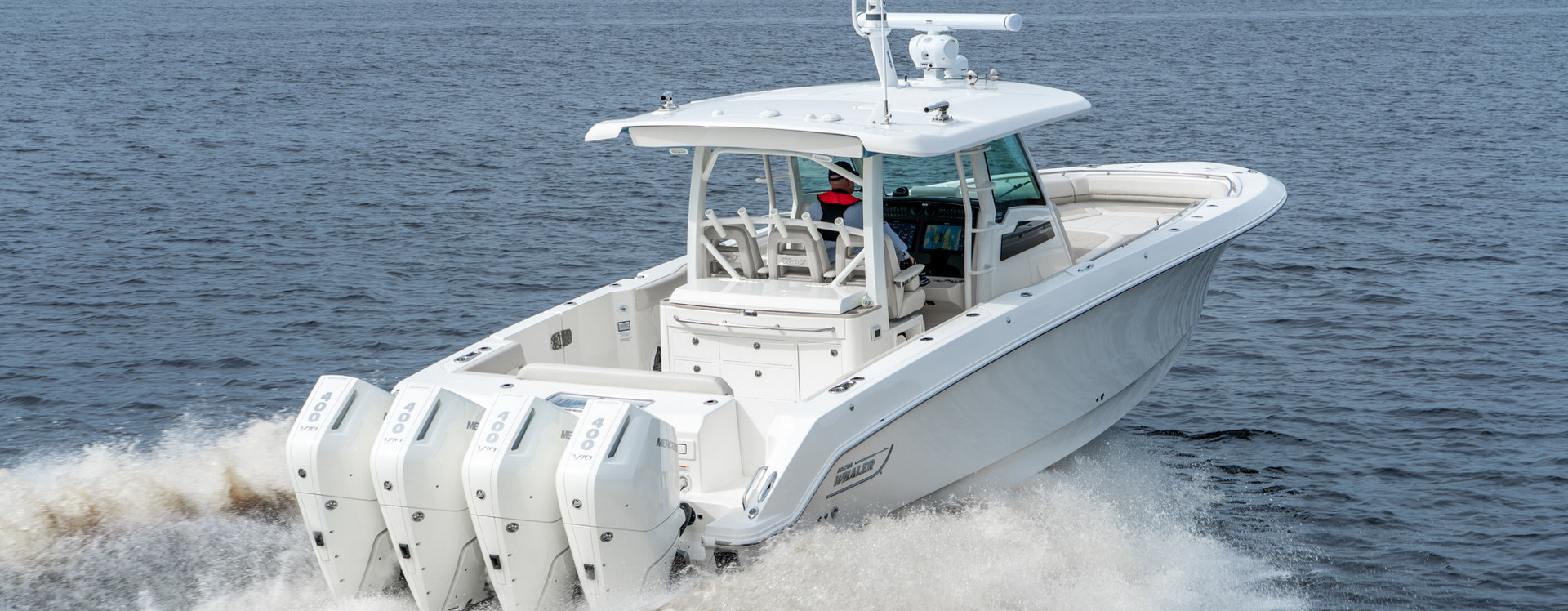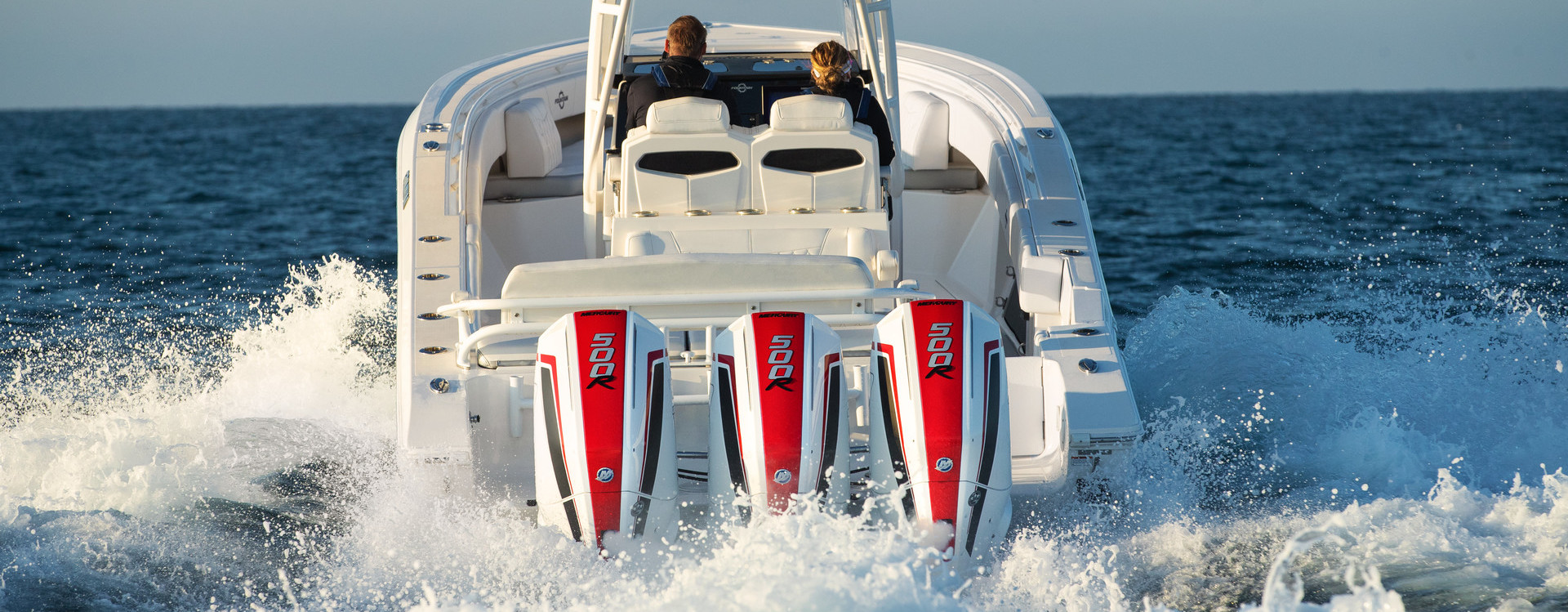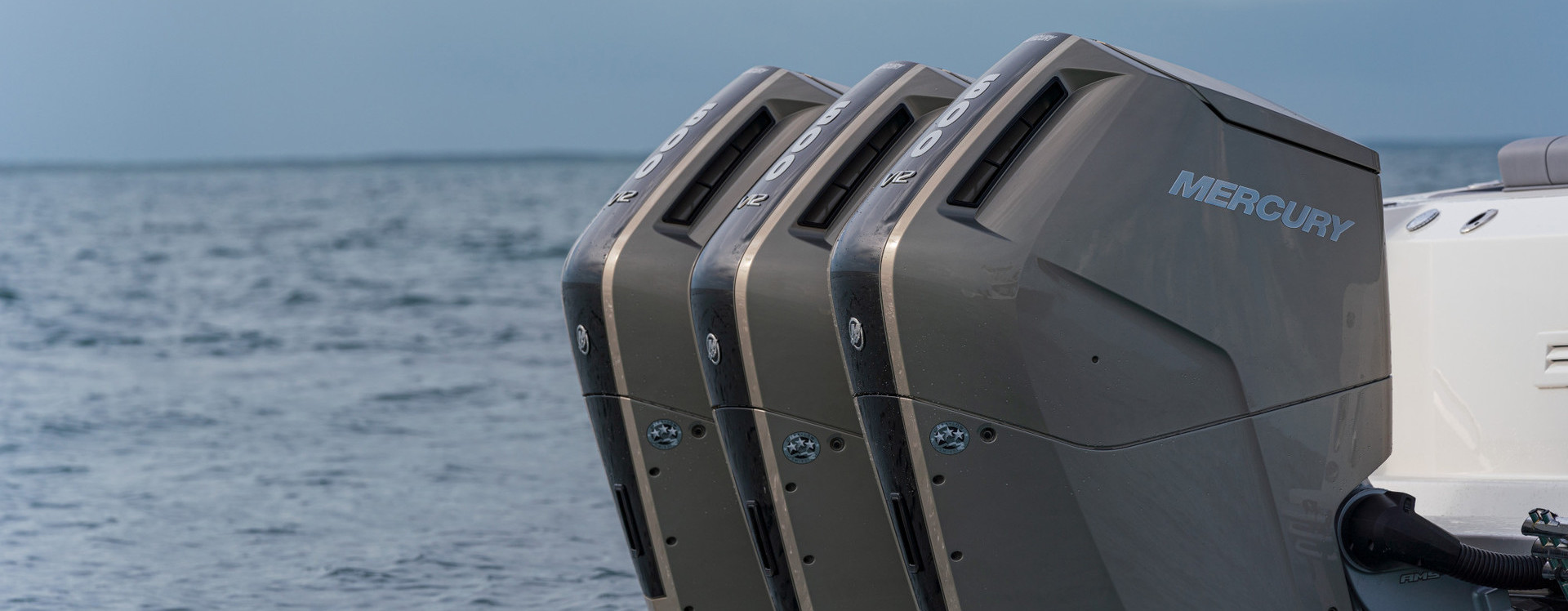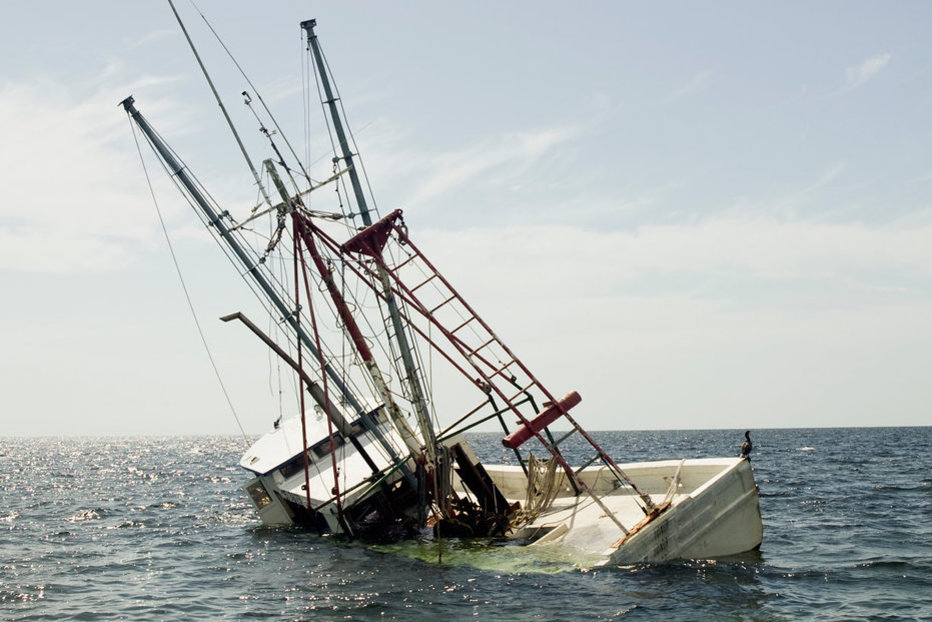Boating Safety Checks EVERYONE Should Make Before Leaving The Slip
Posted on 28th June 2022 at 14:33
We wanted to give you our take on safety checks that you should perform on your boat before you head out.
If you’ve checked the news in Florida recently, we’re sure you’ve heard about the missing Firefighters Brian McCluney and Justin Walker. Unfortunately, they have yet to be found. Even more surprising, is the fact that these situations happen more often than you’d think. It is for that reason that we thought that this would be a good opportunity to educate the boating community on some very basic safety checks you can perform before going out on any boat trip. Most people consider boats to operate similar to cars or RVs that happen to float on the water; get it serviced every so often, and turn the key and off you go! But due to the chaotic nature of the sea, and the general dangers thereof, there are certain things that you can do before leaving to ensure you make it back to port safe and (more importantly) alive.
1. Make sure there are enough Personal Floatation Devices (PFDs) for everyone on board. As we’ve stated in the past, most boating incidents that result in a death are due to drowning. This is easily preventable, if you ensure that you have enough PFDs for everyone.
2. Make sure your US Coast Guard Kit is complete. This kit should come with your boat as soon as you purchase it. This article has lists of legally required items that you should have on your boat at all times.
3. Check your drain plug. This can be an easy one to miss, but it happens more often than you’d think. A missing drain plug can fill your boat up with water very quickly, which can seriously damage your motors and internal electronics. Do yourself and any potential guests a favor and make sure that your plug is securely in place!
4. Check your batteries and engine. Make sure that your batteries are sufficiently charged and check your fluid levels. The worst way to end a good day out on the water is to turn your key and find that your batteries are dead or that your motor has seized and you’re now adrift. Make sure that you have good clean motor oil, and your gearcase is topped off with gear lube, even if your motor has been serviced recently.
5. Check your flare gun flares expiration dates. If you have done everything above, and still find yourself adrift with no power, a great way of signaling distress is using a flare gun. But if your flares have expired, you may be stuck trying to fire duds. Make sure that they are replaced before their expiration date.
6. INVEST IN AN EPIRB OR A PLB.
a. EPIRB: This funny looking acronym stands for “Emergency Position Indicating Radio Beacon” and save hundreds of lives annually. BoatUS has an entire web page dedicated to explaining how they work: “Once registered and in the event of an activation, the unique encoded digital message is received by the satellites are then transmitted back to ground-based search and rescue authorities. This signal provides them with information to assist in the search: who you are, your boat type and size, where you are, and other important data, including emergency contact information.” You can get one here!
b. PLB: These are great to have in any situation where there is a chance you might get lost. These are the smaller cousins to the EPIRB, and can be carried with relative ease on your person. Once registered and activated, they immediately alert the NOAA via satellite. Some even include GPS functionality, which can narrow down the search area to a 100 sq yard area. You can find some good examples here!
The painter Vincent Van Gogh once said: “The fishermen know that the sea is dangerous and the storm terrible, but they have never found these dangers sufficient reason for remaining ashore.” A lot of time has passed since his day, but we’re still drawn to the sea on a deep and instinctual level. We love to be out on the water, despite knowing how dangerous it can be. The sad fact is that boating accidents happen, but we have developed technology that can mitigate the danger of life-threatening eventualities. If you tack on an extra half hour onto your boating plans by including time to perform these quick checks, you can make your trip safer for everyone on board. If you have any questions on how to make your next trip safer, please don’t hesitate to give us a call! We can be reached at (239)228-6713, or you can email chris@amizm.net.
- Your Neighborhood Friendly Boat Blogger
Chris Shand
Image Credit: © TROY PLOTA / GETTY IMAGES / UPPERCUT
Share this post:
